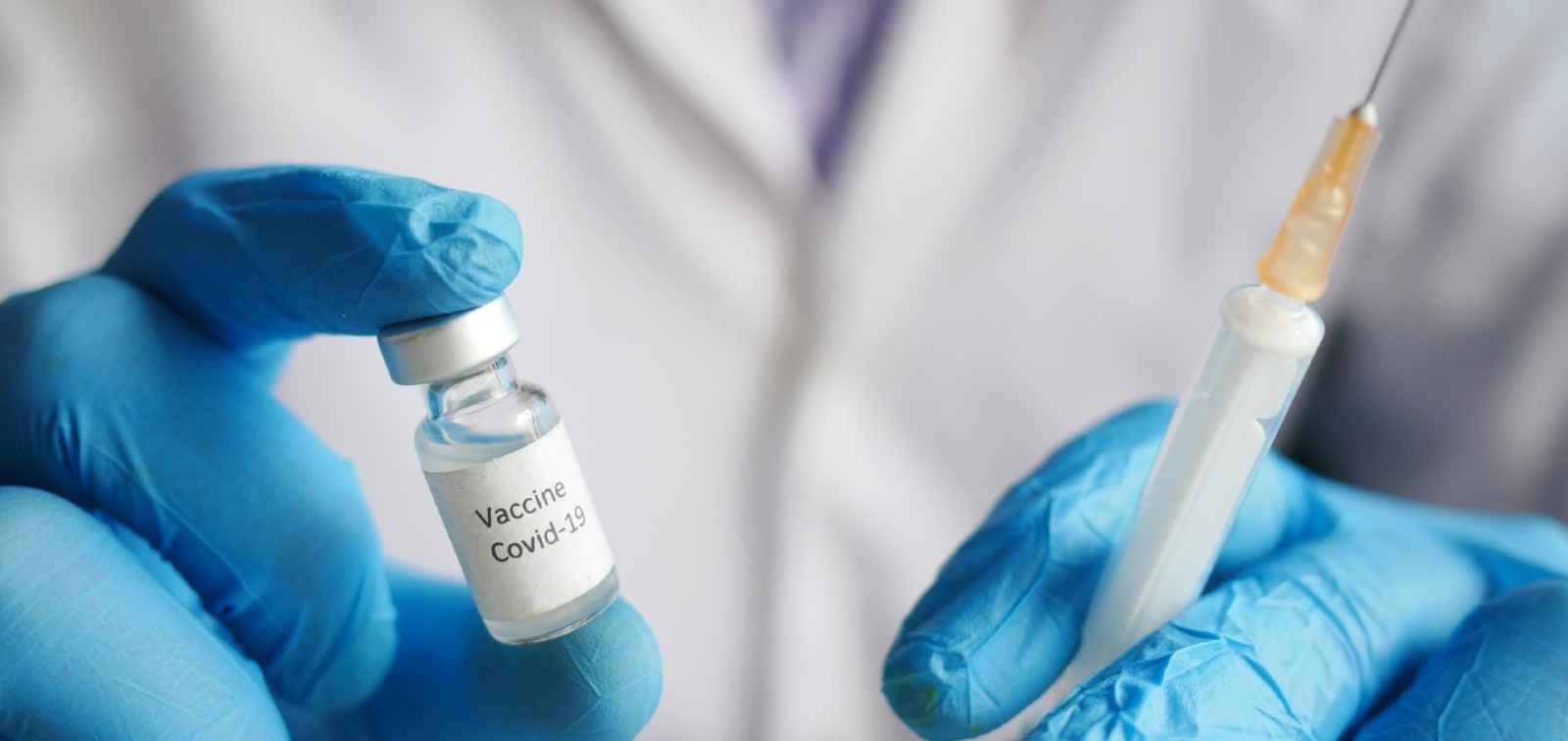Vaccine Acceptance for COVID-19 Increases, New Study Shows
Lack of trust in COVID-19 vaccine safety and science, and scepticism about its efficacy remain significant problems, however
04.07.2022
Despite a small but significant increase in global vaccine acceptance from 71.5% in June 2020 to 75.2% in June 2021, the ability of COVID-19 vaccines remains subject to ongoing misperceptions of vaccine safety, efficacy, risks, and mistrust in institutions responsible for vaccination campaigns, according to a large worldwide study published in Nature Communications.
A research team from the Barcelona Institute for Global Health (ISGlobal), the City University of New York Graduate School of Public Health and Health Policy (CUNY SPH), the Dalhousie University and the University of Calgary assessed vaccine uptake and explore the reasons for vaccine hesitancy globally, surveying a sample of over 23,000 individuals from 23 countries in June 2021.
“We conducted this new study to update what we learned from one we did a year previously, before the vaccines became available. The intervening 12 months was a period of substantial but very unequal global COVID-19 vaccine availability and acceptance”, said Jeffrey Lazarus, ISGlobal researcher and first author of the study. “Our earlier study essentially asked ‘What if…’ questions about vaccination. The rapid authorization of actual vaccines necessitated new assessments of the drivers of vaccine hesitancy and the characteristics of people not vaccinated. It is encouraging to observe that t vaccine acceptance has increased: 75.2% in June 2021 compared to 71.5% one year earlier.
Negative perceptions of safety, trust in the science behind vaccine development, and vaccine efficacy were the most consistent correlates of hesitancy. Other factors associated with vaccine hesitancy varied by country and included personal experience with COVID-19 (e.g., sickness or loss of a family member) and demographic characteristics (e.g., gender, education, and income).
The authors found that vaccine hesitancy did not significantly correlate with a country’s current COVID-19 case burden and mortality. In June 2021, vaccine hesitancy was reported most frequently in Russia (48.4%), Nigeria (43%), and Poland (40.7%), and least often in China (2.4%), the United Kingdom (UK) (18.8%), and Canada (20.8%).
“In order to improve global vaccination rates, some countries have chosen to require people to present proof of vaccination to attend work, school, travel by air or rail, or participate in indoor activities and events” commented Ayman El-Mohandes, Dean of CUNY SPH and the study’s other lead author. “Our respondents were very likely to support vaccination requirements for international travellers, while support was weakest for requiring that schoolchildren”.
Support for vaccine mandates was substantially lower among those who were hesitant to get vaccinated themselves. “Importantly, however, recommendations by a doctor, or to a lesser extent by an employer, might have an impact on a respondent’s views on vaccination in some countries”, El-Mohandes noted.
Although some countries are currently disengaging from evidence-based COVID-19 control measures, the disease remains a public health threat. The authors note that for ongoing COVID-19 vaccination campaigns to succeed in the months ahead, substantial challenges remain to be overcome. These include increasing vaccination among those reporting lower vaccine confidence in addition to greatly expanding vaccine access in low- and middle-income countries.
The Role of Social Networks
ISGlobal and the Institute #SaludsinBulos, together with the Severo Ochoa Foundation and representatives of Spanish scientific and professional societies and patient associations, held a meeting on 20 June 2022 to advance the development of a consensus on addressing vaccine hesitancy. According to additional data presented from a European survey carried out by the Vaccine Confidence Project, the population group most exposed to social networks -young people under 24 years of age, with secondary or university studies and living in urban areas- is the most reluctant to be vaccinated. Additionally, messages that call for vaccination as a "moral obligation" are strongly rejected compared to those that call for "protection", which are more commonly well received.
As reflected in similar studies, one of the most popular ways of conveying anti-vaccine messages has been humour. Therefore, participants in the meeting agreed on the need to disseminate the benefits of vaccines using this same tool, but without making fun of those who have mistaken beliefs about vaccines. In the face of misinformation, it is important to improve information on vaccination using simple language and channels that reach the population, such as social networks, the participants concluded.
Reference
Lazarus, J.V., Wyka, K., White, T.M. et al. Revisiting COVID-19 vaccine hesitancy around the world using data from 23 countries in 2021. Nat Commun 13, 3801 (2022). https://doi.org/10.1038/s41467-022-31441-x






